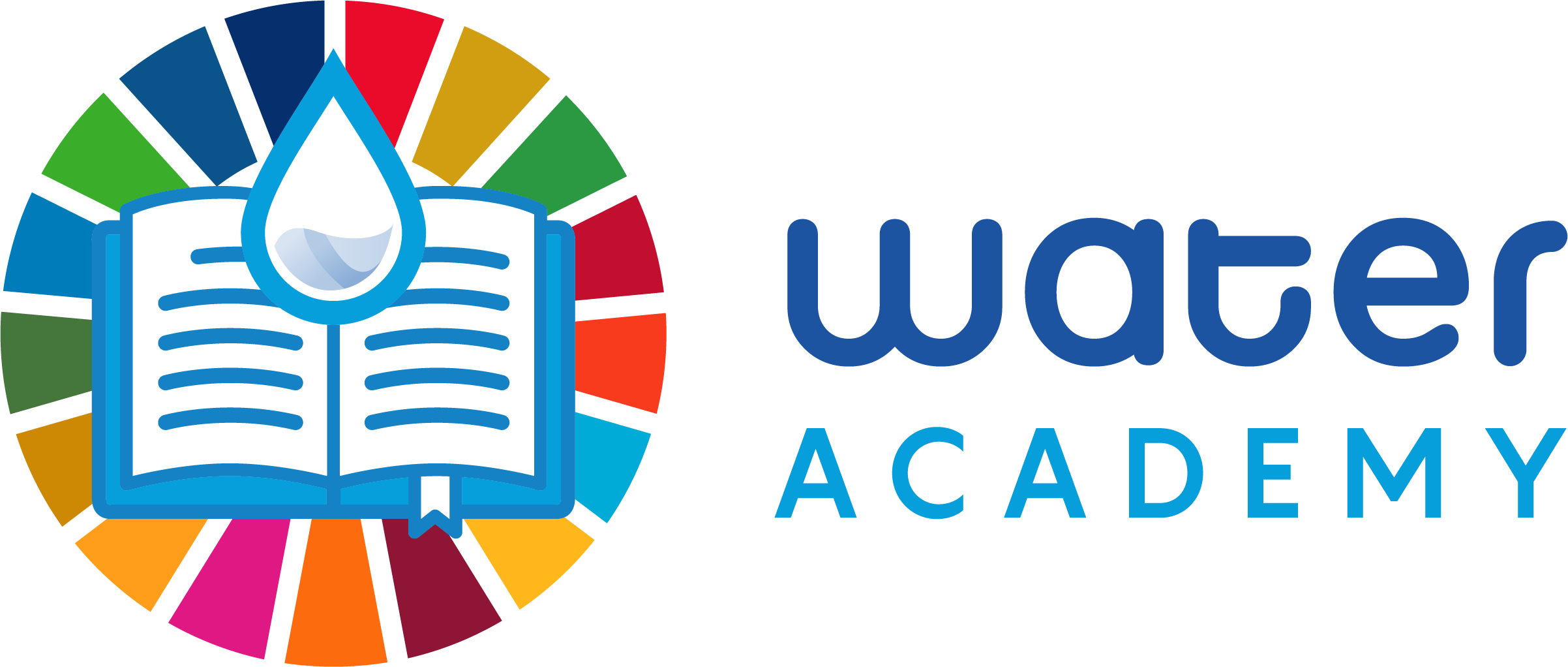About The UGWA
Mission Statement
The UNITAR Global Water Academy (UGWA) empowers learners all over the world with the knowledge and skills to respond to the global water sustainability crisis by providing hybrid training and online courses developed by global leaders in water research, resource management, and policy development; developing scientific and two-eyed water solutions to water sustainability; and by building the capacity and international partnerships necessary to achieve the objectives of UN Sustainable Development Goal 6.
The UGWA’s Vision:
The UGWA fosters training and capacity development, empower community-based networks, weave traditional knowledge, and co-create innovative sustainable water solutions to ensure equitable access to water for all. Through building community-based networks and co-creating innovative solutions, we aim to further develop a dialogue that contributes to identifying capacity gaps that hinder the effective implementation of SDG 6 targets
What is the UNITAR Global Water Academy (UGWA) Platform?
The Training Platform aims to build capacities and provide a comprehensive understanding of the challenges and solutions related to water and sanitation on a global scale in alignment with Sustainable Development Goal 6 (SDG 6). The Training Platform seeks to empower and connect learners with the knowledge and tools to contribute to the achievement of SDG 6 targets, ensuring universal access to safe drinking water and equitable sanitation while addressing water quality, pollution control, water-use efficiency, ecosystem protection, and international cooperation.
The UGWA has Six Main Objectives:
- Promote international knowledge transfer and capacity sharing among students, researchers, government, non-governmental organizations, industry, knowledge keepers, and community members.
- Offer a Hybrid way of learning that incorporates in-person and online activities that will enable students to engage and collaborate across borders and disciplines.
- Develop scientific-based and two-eyed water solutions that inform water policies and programs.
- Measure and monitor the impact and promote replicability of innovative and proven water management practices.
- Facilitate conversations and partnerships between researchers, government, non-governmental organizations, industry, and community members to enhance understanding of water issues.
- Support equitable capacity building in sustainable water management, especially in distressed areas, for Indigenous communities and marginalized/ equity-deserving groups.
Who is it for?
Launching a global flagship course on water should aim to create a multi-disciplinary, multi-stakeholder platform that brings together experts and practitioners from various sectors to address the complex challenges related to water and sanitation in line with SDG 6. The target audience for launching a global flagship course on water, aligned with the targets of SDG 6, should include a diverse range of stakeholders, such as:
1. Local Communities: To promote traditional knowledge of Indigenous Peoples on water governance, and empower marginalized communities with the knowledge and tools necessary for effective community-based water and sanitation management.
- Target 6.b: Support and strengthen community engagement and local empowerment in improving water and sanitation management
2. Academics and Researchers: Those studying water-related issues to encourage further collaboration on research and innovation in water management, pollution reduction, and sustainable water use.
- Targets 6.1-6.b
3. Government Officials and Policymakers: To equip them with the knowledge and skills required to develop and implement policies and regulations that contribute to achieving the targets of SDG 6, with a particular focus on:
- Target 6.1: Ensuring Universal Access to Safe Drinking Water requires access to information on strategies, policies, and technologies to achieve universal access.
- Target 6.5: Implementing integrated water resources management at all levels, requires policy support through transboundary cooperation.
4. Businesses and Industries: Particularly companies with significant water consumption in order to promote water-use efficiency and responsible water management in their operations.
- Target 6.4: Explore efficient water usage techniques, and strategies on how to reduce water scarcity for private-sector entities.
- Target 6.6: Highlight the role that private sector investment in ecosystem protection and restoration of wetlands, rivers, lakes, etc.







